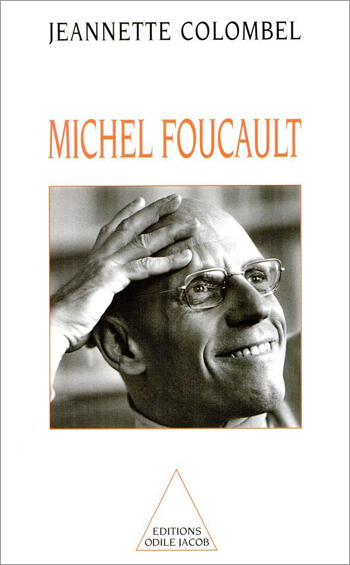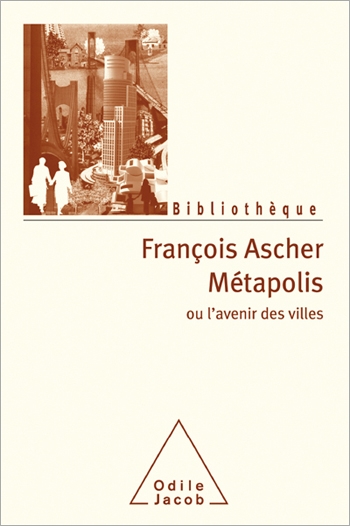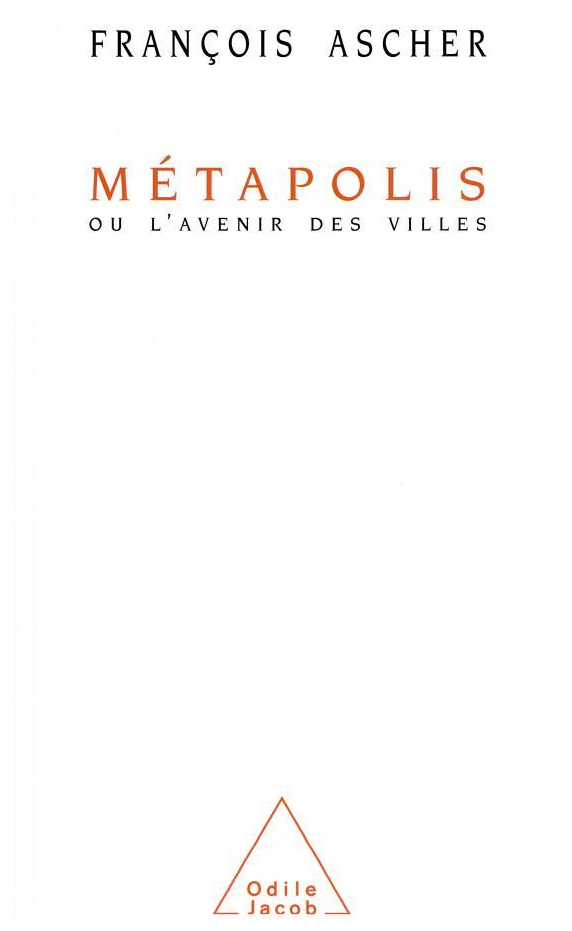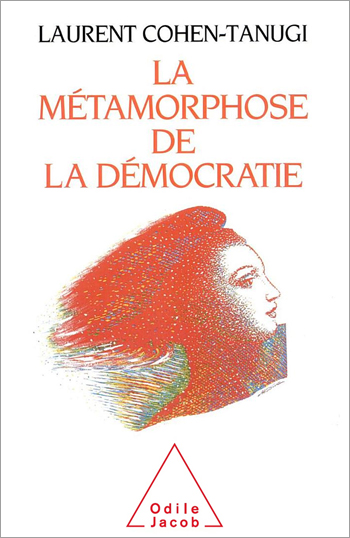Catalog All books

Roger-Pol Droit
Michel Foucault, interviews
On 25 June 1984, Michel Foucault died of AIDS-related complications at a hospital in Paris. Since then, his reputation and influence - already great during his lifetime - have not ceased to grow. Whether his subject was asylums, prisons or the history of sexuality, Foucault always tried to understand the organising forces behind prevalent social attitudes, by which a society defines itself, so as to disrupt the existing order. A philosopher as well as a historian, Foucault was an unclassifiable, unpredictable, subversive thinker, and the inventor of a new style of intellectual investigation. He rarely spoke of himself, or of his goals, or of his relations to his own writing, experiences and intellectual development. He did, however, talk about himself in a series of interviews that he gave me in June 1975, a few weeks after the publication of Discipline and Punish: The Birth of the Prison. Wishing to pay homage to his memory, I have gathered here three of those interviews, which were previously published in the press, along with some of my memories and thoughts about him, writes Roger-Pol Droit. Roger-Pol Droit is a research fellow in philosophy at the Centre National de la Recherche Scientifique (CNRS) and a columnist for the French daily newspaper Le Monde. He is the author of La Compagnie des philosophes, La Compagnie des contemporains, 101 Expériences de philosophie quotidienne and Dernières nouvelles des choses.
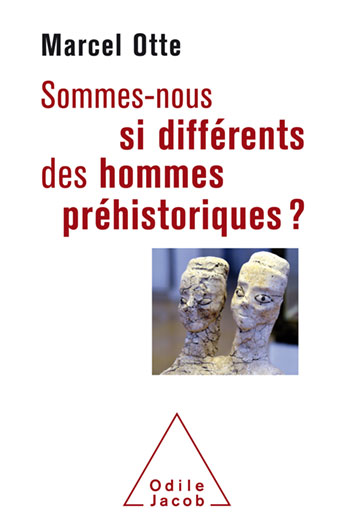
Marcel Otte
The Metamorphoses of Humans
A light shed by prehistory on the profound nature of humans, their relationship to the natural world, their appetite for conquest, but also their passion for challenges and their inventiveness.

Fabrice Delaye
The Messenger RNA Revolution Vaccines and New Therapies
Messenger RNA, or the revenge of the outsiders: 40 researchers and entrepreneurs tell of the prodigious discoveries of the last few decades, their current development, and their immediate future.

Robert Darnton
Mesmerism and the End of the Enlightenment in France
At the beginning of 1778, Franz-Anton Mesmer arrived in Paris where he set about expounding his rather exotic theory - that the universe was swimming in a fluid which was responsible for occurences such heat, light, electricity and magnetism, but it was this fluid's relevance to medicine which he wished to highlight. In order to restablish health and man's harmony with nature he undertook strange healing sessions which became the origins of an extraordinary craze. Quickly, mesmerism became a disguised political theory. In demonstrating the links of mesmerism to politics, and the scientific notions of the age, Robert Darnton provides in this work a decisive contribution to the study of the diffusion of ideas in French society at the end of the 18th century. Robert Darnton is a professor at the University of Princeton

